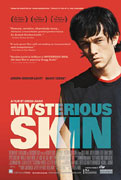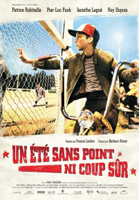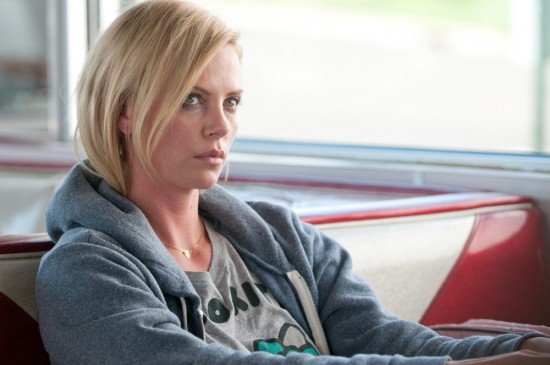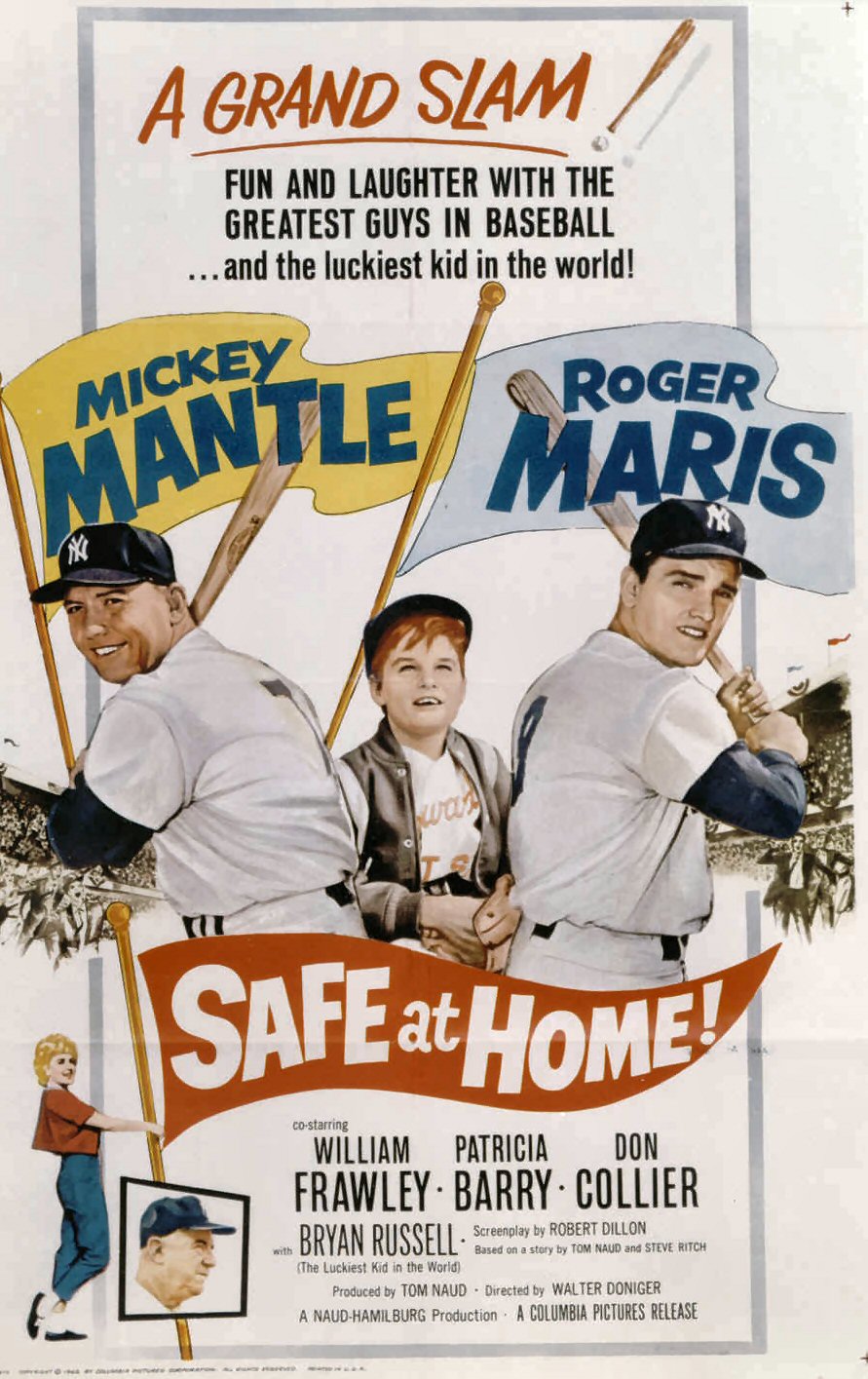When you go to the multiplex, you don’t normally have the option of leaving feeling angry or even dirty – unless of course you’ve wasted an hour or two’s wages on a stinker of a film and a large bag of popcorn drenched in so much faux-butter that the bag stained your pants. So if you’re looking to find an outlet for actually feeling something other than a false sense of security, most of the time you’ve got to look to the art house circuit or the unfamiliar faces at the video store.
In his first three times scripts, Simon Boisvert (Guys, Girls and a Jerk) showed a knacked for challenging the mainstream’s status quo that relationships in movies need to end in kisses and live happily ever after simply because of an isolated act of romance or some sense of fate. Boisvert lives in the real world, you know the place where love can get ugly. Barmaids marks Boisvert’s first foray into directing (while still writing and starring), yet another feel-bad exploration at romance that focuses on its characters first and leaves the action to others.
Alex (Boisvert) is soon to be married. While it might seem like a Hollywood ending, Lyne (Caroline Gendron) isn’t right for him. Controlling and suffocating, Lyne smothers Alex. It shouldn’t be surprising then that Alex has a wandering eye to put it politely. He doesn’t make much of a secret about it either. Rather than take the hard route of breaking up, Alex goes around sleeping with other women. His latest conquest is Isabelle (Elise Beaumont), a bartender and aspiring actress at his local watering hole. Like Alex did with Lyne, Isabelle messes with him, stringing him along like everything in their relationship is good. Blinded by love, Alex isn’t able to see how destructive his latest affair is.
Barmaids is blunt and to the point. The screen is filled with detestable people who follow a creed of selfishness. Boisvert is not afraid to confront the darker sides of humanity, tackling the side of love that you don’t normally see in film. The script has the subtly of an elephant stampeding through a car lot of Minis. In other words it’s not subtle at all. On the one hand this is an advantage because it’s so direct, the point is clear. There’s never a moment where you don’t know what Boisvert is trying to say. He challenges the happy side of love and confronts just how ugly it can make us.
Still subtlty can also be a virtue. It lets things emerge without the necessity for perennial fireworks and grand entrances. Barmaids gets to the point, but it often does so in a way that isn’t at all challenging to watch outside of the fact that the point of view isn’t the same that you normally encounter. A lot of the imagery, while it does have meaning, doesn’t stretch the common ways in which they are used.
There is at least one exception, though. I found Boisvert’s use of water to be particularly intriguing. Traditional symbolism uses water as a metaphor for life and cleansing. Here, water is representative of the opposite. The film opens with Alex and Sonia getting intimate in a bathtub. Later, Alex and Lyne get cozy in a swimming pool. Clearly, water is where Alex finds joy but in doing so he is also being deceptive, hurting those around him.
Another case of mixed results is Boisvert’s use of the camera. Even if it is his first feature directing, he does show some confidence as well as a willingness to test things out. Like most tests, it’s not perfect. There are a couple of sex scenes in which the frames are slowed into a strobe-like montage that looks clunky and takes away a lot of their possible meaning.
Barmaids is a mixed bag. It’s often not the prettiest film to look at but it is one that presents an alternative point of view that often alludes us in the name of entertainment. Boisvert continues to develop as a filmmaker, building off his knack for tracking genuine human emotion – good and bad – and digging beyond where we feel comfortable and safe.













